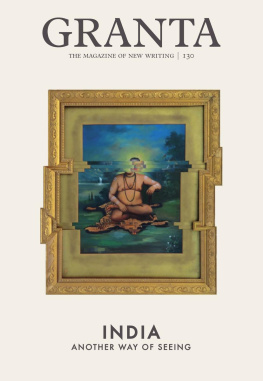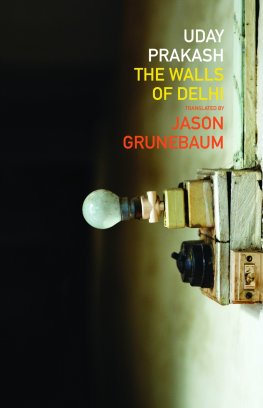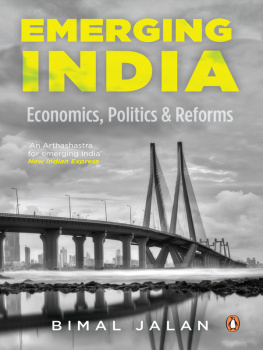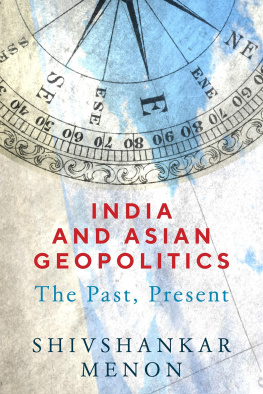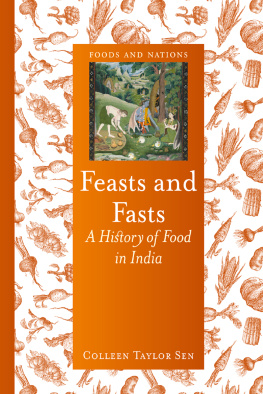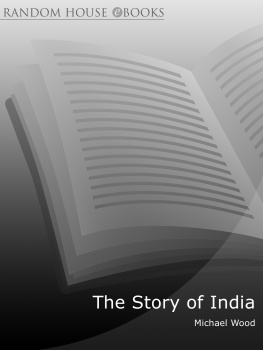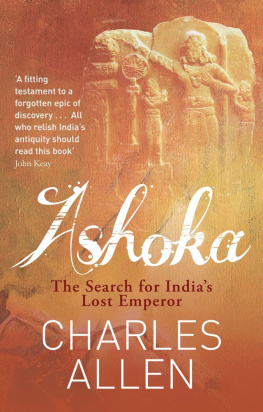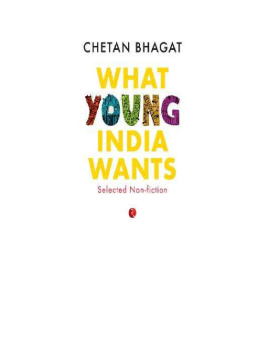
GRANTA
12 Addison Avenue, London W 11 4 QR | email editorial@granta.com
To subscribe go to www.granta.com, or call 020 8955 7011 in the United Kingdom,
845-267-3031 (toll-free 866-438-6150) in the United States
ISSUE 130: WINTER 2015
| GUEST EDITOR | Ian Jack |
| MANAGING EDITOR | Yuka Igarashi |
| ONLINE AND POETRY EDITOR | Rachael Allen |
| DESIGNER | Daniela Silva |
| EDITORIAL ASSISTANTS | Luke Neima, Francisco Vilhena |
| MARKETING AND SUBSCRIPTIONS | David Robinson |
| PUBLICITY | Aidan ONeill |
| TO ADVERTISE CONTACT | Kate Rochester,
katerochester@granta.com |
| FINANCE | Morgan Graver |
| SALES | Iain Chapple, Katie Hayward |
| IT MANAGER | Mark Williams |
| PRODUCTION ASSOCIATE | Sarah Wasley |
| PROOFS | David Atkinson, Amber Dowell, Katherine Fry, Jessica Kelly, Vimbai Shire |
| CONTRIBUTING EDITORS | Daniel Alarcn, Anne Carson,
Mohsin Hamid, Isabel Hilton,
A.M. Homes, Janet Malcolm,
Adam Nicolson, Edmund White |
| PUBLISHER AND EDITOR | Sigrid Rausing |
OUR THANKS TO
Ahsan Akbar and Michael Collins in London
Urvashi Butalia, Chandrahas Choudhury and Nandini Mehta in Delhi
This selection copyright 2015 Granta Publications.
Granta, ISSN 173231, is published four times a year by Granta Publications, 12 Addison Avenue, London W 11 4 QR , United Kingdom.
The US annual subscription price is $48. Airfreight and mailing in the USA by agent named Air Business Ltd, c/o Worldnet-Shipping USA Inc., 156 15 146th Avenue, 2nd Floor, Jamaica, NY 11434, USA . Periodicals postage paid at Jamaica NY 11431.
US Postmaster: Send address changes to Granta, Air Business Ltd, c/o Worldnet-Shipping USA Inc., 156 15 146th Avenue, 2nd Floor, Jamaica, NY 11434, USA .
Subscription records are maintained at Granta, c/o Abacus e-Media, Chancery Exchange, 10 Furnival Street, London EC 4 A 1 AH .
Air Business Ltd is acting as our mailing agent.
Granta is printed and bound in Italy by Legoprint. This magazine is printed on paper that fulfils the criteria for Paper for permanent document according to ISO 9706 and the American Library Standard ANSI / NIZO Z 39.48-1992 and has been certified by the Forest Stewardship Council ( FSC ). Granta is indexed in the American Humanities Index.
ISBN 9781905881864
CONTENTS
Drone
Hari Kunzru
Love Jihad
Aman Sethi
A Double-Income Family
Deepti Kapoor
Shunaka: Blood Count
Karthika Nar
Pyre
Amitava Kumar
Shoes
Anjali Joseph
Another Way of Seeing
Gauri Gill & Rajesh Vangad with an introduction by Michael Collins
English Summer
Amit Chaudhuri
Gandhi the Londoner
Sam Miller
The Ghost in the Kimono
Raghu Karnad
Sanjay Nagar Blues
Anjum Hasan
Othello Sucks
Upamanyu Chatterjee
Breach Candy
Samanth Subramanian
Annawadi
Katherine Boo, with Vijay Gadge, Devo Kadam, Sudip Sengupta and Unnati Tripathi
This year too in the plains
This colourful picture
Vinod Kumar Shukla
Sticky Fingers
Arun Kolatkar
Rain at Three
Tishani Doshi
The Wrong Square
Neel Mukherjee
Ghachar Ghochar
Vivek Shanbhag
The Bachelor Father
Kalpana Narayanan
Introduction
T his is the second Granta devoted to India. The first was published in 1997 to coincide with the fiftieth anniversary of the countrys independence, though that was really no more than an excuse. To me, as Grantas then editor, the issues real purpose was to try to capture a country that was beginning to change fundamentally, preparing to say goodbye to its old self. There was a gathering sense of expectation. Modernity beckoned. Bill Gates was reported to have said that after the Chinese, South Indians were the smartest people in the world. Every Indian villager, it was also said, knew Gatess name. In one of that issues pieces, in which the writer Trevor Fishlock went looking for any remaining traces of Gandhis influence on the country, a marine engineer told him: We are growing. People want to work and learn. We are taxiing on the runway. We will leave America behind. Nothing will stop us becoming the greatest economic power in the world.
When I first came to India as a reporter in 1976, nobody could have taken such a prediction seriously; it would have been placed in the same box of eccentricities as the claim, sometimes made by the kind of excitable Hindu patriot that the visitor encountered on railway trains, that ancient India the India of the Mahabharata had invented the helicopter and discovered the theory of relativity. That was the mythic past. On a train in the seventies, the future looked less glorious. As likely as not, we would be hauled by a steam locomotive; through the dirty carriage window we would see smoke unrolling over fields that were irrigated, planted and harvested by human labour, with no other assistance outside of a camel or a bullock. Rusting buses and swarms of bicycles waited at the level-crossing gates. On cross-country journeys night fell with a completeness not seen in Europe since the nineteenth century; once the last urban street had been left behind, the traveller peered out into an unelectrified gloom alleviated only by oil lamps and cooking fires. The Indian economy the statistical abstraction that formed the backdrop to these scenes lay becalmed in what was known as the Hindu rate of growth, which for thirty years averaged a yearly increase in GDP that kept it only slightly ahead of the rise in population. India began to lag further and further behind its rivals to the east. In 1960, South Koreas per capita income was about four times bigger than Indias but in 1990 it was twenty times as big.
What kind of literature in English did India produce at this time? It was often printed on rough grey paper bound between fragile covers. At a station bookstall the traveller might find a paperback of a novel by R.K. Narayan or a collection of poems by Tagore. The better bookstores in the big cities would stock Nirad Chaudhuris Autobiography of an Unknown Indian and perhaps a story by Mulk Raj Anand or the Indian-by-marriage novelist Ruth Prawer Jhabvala. But these writers had small audiences (even Tagore had, beyond Bengal) compared to the writers who lived abroad and became known as interpreters of India. Sometimes these writers were Indian by ancestry or birth V.S. Naipaul and Ved Mehta; often they were English Paul Scott, J.G. Farrell; sometimes they were English and dead E.M. Forster, Rudyard Kipling. A visitor who wanted to understand the history of India would turn to good books written by English authors such as Gillian Tindall, Geoffrey Moorhouse, John Keay and, later, William Dalrymple. Even the most important national narrative of all, the story of the states foundation, had foreigners as its most popular chroniclers.

